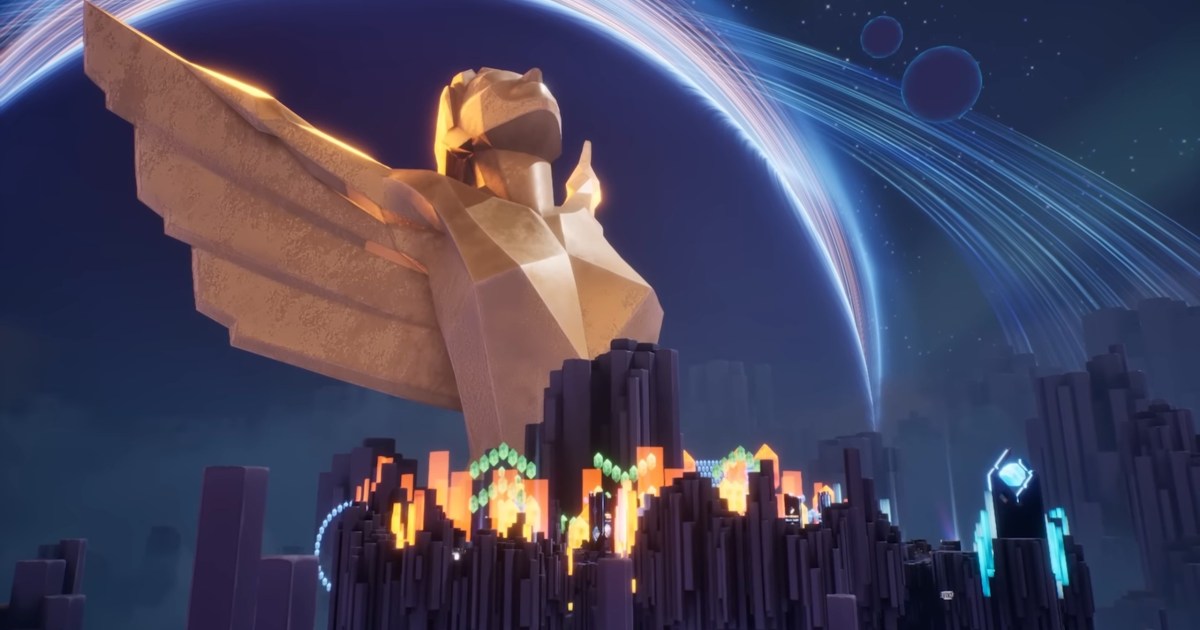If there are only two things you can count on in the gaming world every year, it’s a new Call of Duty and game of the year awards.
From the big event stages of The Game Awards to best of lists from individual content creators and passionate fans, this is the time when everyone attempts to organize every game released this year into a “definitive” list. That is, and always has been, an impossible task. Besides the fact that no two people will appreciate the same piece of art in the same way, no one person could play all the games that come out in a single year.
Whether through nominations, votes, aggregate score, or individual preference, GOTY deliberations will always draw ire from fans who feel their favorite game was “snubbed” in favor of the more popular option. Even worse are those who feel so personally invested in their game winning that it sours their mood. In the end, that ends up being the most valuable aspect of the GOTY season for me: the conversations it sparks within the community.
Word of mouth
Because of its size, reach, and production, Geoff Keighley’s Game Awards tend to dominate the headlines for GOTY talk. Just the announcement of the nominations sparks conversation and controversy across the internet in equal measure. I’m not here to condemn or condone the inclusion of things like Elden Ring: Shadow of the Erdree in the Game of the Year category, but I will say that whatever wins that award — or any other category — doesn’t really matter.
Instead of looking at any GOTY celebration, whether it be TGAs or even Digital Trends’ 10 best video games of 2024 (where Astro Bot took the top spot) as some kind of confirmation about my own choice, I crave nominees and winners that I haven’t experienced or heard of. That’s exactly what the gaming community delivers every time award season rolls around.
This year’s inaugural Indie Game Awards did a fantastic job at this in my eyes. Not only did it craft specific and useful categories, such as Notable Achievement in Accessibility, Emotional Impact, Women-led Game, and more, but it went out of its way to highlight the games that are generally overlooked by the mainstream. I might never have come across games like Crpytmaster, In Stars and Time, and Last Time I Saw You without these awards putting them on my radar. Seeing what the community holds up as the best works of the year opens up all of our horizons to gems that we might otherwise have brushed off or simply never come across.
Which games win the awards doesn’t really matter to us as players. It’s a fantastic moment of exposure for the developers and a great privilege to earn, but the most important thing is getting these games in front of the right people. What makes us all winners is coming together to celebrate these games — especially the ones that didn’t get any nominations. Lists like this are natural conversation-starters for everyone to chime in with their own recommendations. Word of mouth is still a powerful tool, and you almost have to go out of your way to avoid it when GOTY season begins.
In this way, GOTY discussions have always been a collaborative and fluid process that everyone can participate in. People who get up in arms over the classification of games or what categories are or are not included, to me, are missing the point. No GOTY list is ever going to be definitive — they’re not intended to be. Where they are valuable is in kick-starting these conversations among ourselves to celebrate and highlight every game we found important this year no matter how big or small.
So who cares what wins tonight? Whether it’s Astro Bot or Black Myth: Wukong, it doesn’t matter. So long as you find a single game that makes an impact on you, whether it be through an outlet’s nominations or a recommendation from someone else in the community, you’ve come away a winner this GOTY season. Congratulations!
Read the full article here














